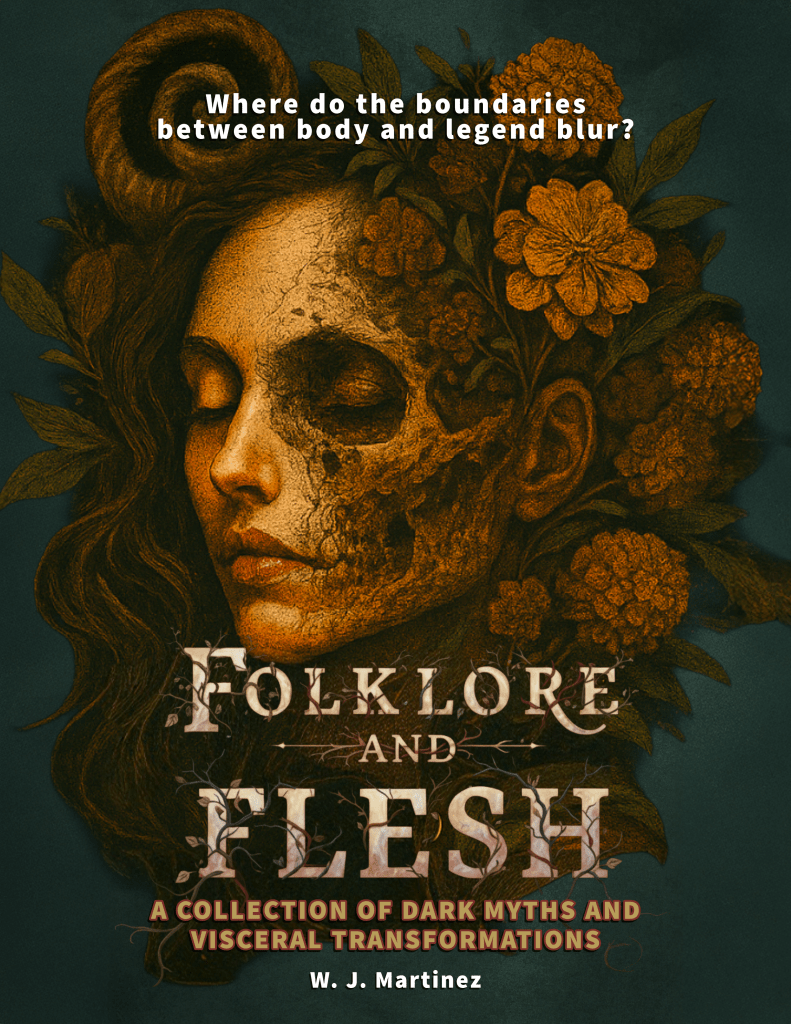“Imperium in Imperio” is a novel by author Sutton E. Griggs, published in 1899. It follows the story of Belton Piedmont, a young, educated African American man living in a small, racism-ridden town. The novel deals with issues of racism, social injustice, and class disparities in the late 19th century.
I score it a 5 out of 5 coffee mugs!
I loved reading this book in my last Semester of Graduate Studies and having the time to really dissect it.
Unveiling the Fantastic Fiction of Imperium in Imperio by Sutton E. Griggs
Belton, ambitious and determined to break free from the oppressive racism he experiences, uses education and knowledge as his tool. With the help of a secret organization of African Americans called the Brotherhood of Liberty, Belton strives to improve the African American community’s social, economic, and political standing. However, he faces immense opposition from a white supremacist organization, the Knights of the White Camelia. Consequently, he is eventually forced to take drastic measures to ensure his success.
The novel paints a vivid picture of life in the South during this time. It emphasizes the importance of education, perseverance, and activism in the fight for justice. Griggs’ novel is an important work of literature. Not only for its exploration of racism and social injustice, but for its powerful message of hope, resilience, and solidarity in the face of adversity.

If you are enjoying this article, you may also like to read The Two Greatest Shields In The Iliad Do Battle.
How is Imperium in Imperio a Different Type of Fiction?
Sutton E. Griggs’s novel, Imperium in Imperio is different from other economic novels. It doesn’t exactly fit in as a sentimental novel, a realist piece, or a utopian fiction. Imperium in Imperio should be viewed as fiction that falls under the genre of the “fantastic.” This is as French literary critic, Tzvetan Todorov has described and demarcated in his work, The Fantastic: A Structural Approach to a Literary Genre.
I will argue that writing a work that falls into the fantastic realm has been developed out of a natural response or need. This is to overcome the harsh realities of the reconstruction period. Furthermore, it presents a different vision of the supernatural that was expressed via white American gothic tropes.
While other white American writers were applying traditional fear and gothic tropes to their stories, Griggs had to present a work that would help his readers overcome their fears. By doing so, Griggs created a work of fantastic literature. Imperium in Imperio has transcended to a fantastic piece of fiction out of survival in a sense.

As prescribed by Todorov, the fantastic requires the success of three conditions:
First, the text must oblige the reader to consider the world of the characters as a world of living persons. It also must make the reader hesitate between a natural and a supernatural explanation of the events described. Second, this hesitation may also be experienced by a character. Thus, the reader’s role is so to speak entrusted to a character. At the same time the hesitation is represented here, it becomes one of the themes of the work…
Third, the reader must adopt a certain attitude with regard to the text: he will reject allegorical and “poetic” interpretations. The first and the third actually constitute the genre; the second may not be fulfilled. (Todorov 33)
Ultimately, what we are looking for is not the supernatural or only the instances in which the traditional gothic tropes are challenged. As Todorov writes, “we might indeed characterize such events as supernatural, but the supernatural, though a literary category, is no relevant here” (Todorov 34). We want to find the crux – not between real and the supernatural, but in which “the hesitation occurs between the real and the imaginary” (Todorov 36).

A caveat to the fantastic is that it may “evaporate at any moment.” This is because once the reader makes a decision, the effect has worn off. This is important to note. It is important because there are many stories where there are scenes of uncertainty or the imaginary- this may be common in any genre.
The emphasis in the defense of a true fantastic literature is that the work enforces and keeps the effects of blending between the imaginary and the real throughout the whole fiction, not just in certain scenes.
Why the Fantastic?
Why the fantastic though, and what relevancy does that genre have with American writers? In Theorizing the American Fantastic and the American Grotesque, Ib Johansen points out how the American fantastic is being noticed in Europe. Our international readers note that “the birth of the nation (USA) incidentally coincided with the rise of fantastic fiction on the literary scene.” They also note that Europe was only marginally interested in the fantastic. It was the Americans who were fascinated with it (7).
If you are enjoying this article, you may also like to read The Heart Wrenching Auditory Horror in Radcliffe’s Fiction.
Some other writers of the fantastic in early American literature would be Edgar Allan Poe, Melville, Hawthorne, Ambrose Bierce, and Henry James. In his introduction to his collection of essays, American Nightmares: The Haunted House Formula in American Popular Fiction, Dale Bailey agrees with Johansen. He argues: “the American renaissance, which borrowed a series of conventions already extent in the European gothic and cast them into a uniquely American form” (15). Griggs is no exception. He too takes the gothic trope and reinvents them in Imperium.
Leaving other critics and debates on whether we consider the fantastic to be either a genre or a mode, this article will focus on identifying the art created in response to the socio-economic situation in the black south.
Thank you for visiting with us. For more Poetry or Literature related content, visit our blog at The Ritual.
Sutton E. Griggs’ Background:
Sutton E. Griggs was an African-American author, Baptist minister, and social activist born on June 19, 1872, in Chatfield, Texas. He was the son of a former slave who became a prominent Baptist minister. This minister was also the founder of the first black newspaper and high school in Texas. Griggs attended Bishop College in Marshall, Texas, and Richmond Theological Seminary. Throughout his career, he wrote over thirty books and pamphlets, advocating for social justice and racial integration.
Impact of ‘Imperium in Imperio’ on Literature:
Griggs’ novel ‘Imperium in Imperio,’ published in 1899, is a visionary work that envisions a separate African-American state within the United States. It is considered a precursor to Afrofuturism, blending themes of a budding revolution and the formation of a Black utopia. The novel’s impact lies in its political statements. It also explores the different directions in which turn-of-the-century African Americans might move. It remains Griggs’ most notable work and continues to be relevant in discussions about race, segregation, and African-American militancy.
A dark fiction author, Willy Martinez, wrote the article for the Ritual Blog of Mind on Fire Books.
Willy Martinez appears in our anthology Mad Men, which you can purchase now.











Leave a Reply